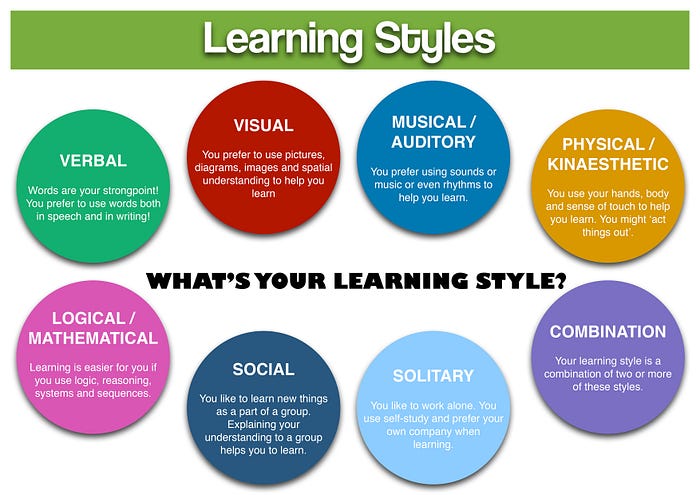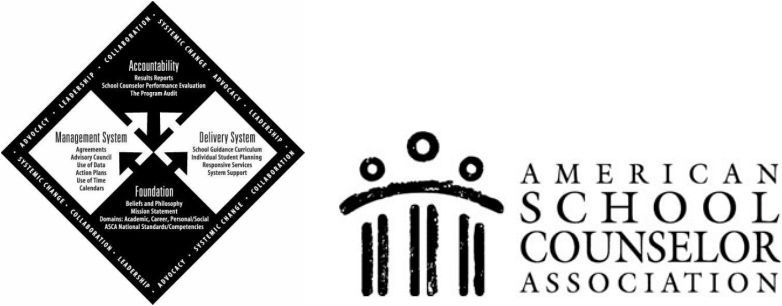Counseling Department
Page Navigation
- AAS Counseling Department
- Mission and Vision
- Role of School Counselors
- School Profile
- 2024-25 CTAE and Fine Arts Pathways
-
Academic Development
- Grading Scale
- Quality Points for GPAs
- Promotion Requirements
- Graduation Requirements
- Student Graduation Checklist
- Fourth Science Options
- HOPE Rigor Courses
- Latin Honors for Graduation
- Transcript Request
- HOPE GPA
- High School Advisement Guide
- Learning Styles
- Study Skills
- Khan Academy
- Test Prep Information
- College and Career Development
- Social and Emotional Development
-
ACADEMIC DEVELOPMENT IN SCHOOL COUNSELING

-

ASCA Position
School counselors deliver school counseling programs that enhance student growth in three domain areas: academic, career, and social/emotional development. As a part of that program, school counselors implement strategies and activities to help all students enhance their academic development – the mindsets and behaviors students need to maximize their ability to learn - while recognizing that growth in all three domains is necessary for students to be successful now and later in life.
The Rationale
Federal initiatives such as the Every Student Succeeds Act (ESSA) (2015) and state education accountability plans have stressed academic achievement as a measure of school success. As certified/licensed educators who improve student success for ALL students, school counselors align their school counseling program with the vision, mission, and goals of the school and district, emphasizing academic achievement. School counselors contribute to the educational and academic outcomes of the school by enhancing student engagement and performance through designing, implementing, and assessing school counseling programs (ASCA, 2019).
References
American School Counselor Association. (2019). ASCA National Model: A framework for school counseling programs (4th ed.).
Garza, R. (2018, August 2). Individual learning styles and learning to code. Medium. https://medium.com/@rgarza7/individual-learning-styles-and-learning-to-code-41eb8054453a

